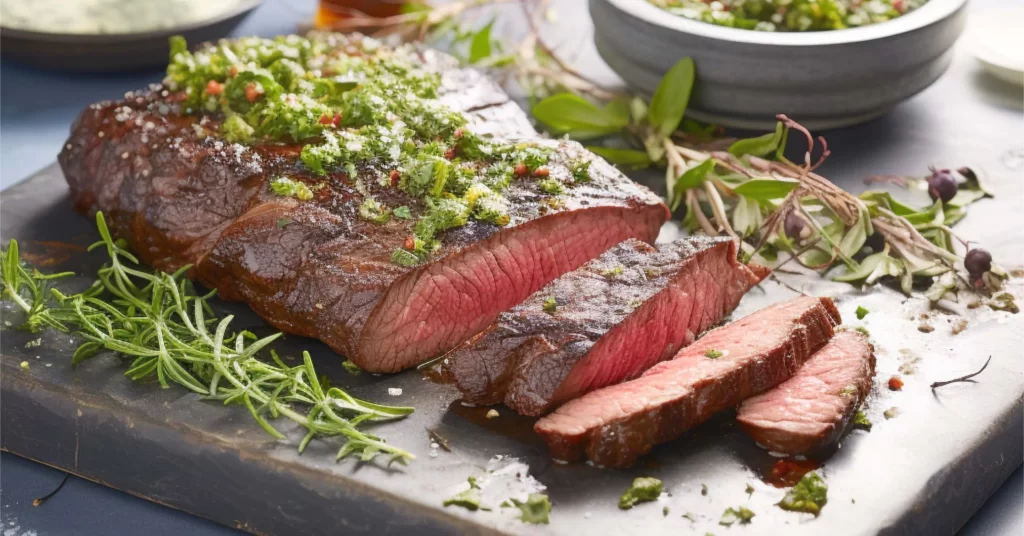Exploring the Influence of Highlife on Modern African Music
Highlife music, a genre that originated in West Africa in the early 20th century, has had a profound and lasting influence on modern African music. Its impact can be seen in various aspects of contemporary African musical styles, from rhythm and instrumentation to lyrical themes and social commentary. Highlife’s fusion of traditional African rhythms with Western musical elements, such as jazz and swing, created a unique and infectious sound that captivated audiences across the continent. One of the most significant ways in which highlife has influenced modern African music is through its rhythmic patterns and danceable grooves. Highlife music is characterized by its lively and syncopated rhythms, often driven by instruments like the guitar, trumpet, and percussion. These rhythmic patterns have become a staple in many African music genres, including Afrobeat, Afro-pop, and even contemporary hip-hop and dancehall. The infectious beats of highlife have become a central component of African music’s global appeal, drawing listeners to the dance floors of clubs and festivals around the world.

In addition to its rhythmic influence, highlife has also played a crucial role in shaping the instrumentation of modern African music. The combination of Western instruments with traditional African ones, such as the talking drum and xylophone, gave highlife a distinctive sound that transcended cultural boundaries. This fusion of instruments has inspired subsequent generations of African musicians to experiment with different sonic textures and arrangements, leading to the rich and diverse musical landscape seen in Africa today. Lyrically, highlife has often addressed themes of social and political significance, providing a platform for artists to comment on issues affecting their societies. This tradition of using music as a vehicle for social commentary has persisted in contemporary African music, where artists continue to tackle pressing issues such as poverty, corruption, and inequality. Highlife’s legacy as a form of musical activism has empowered artists to speak out against injustice and advocate for positive change in their communities.
Furthermore, the influence of highlife extends beyond the music itself; it has played a crucial role in shaping African identity and cultural pride ghana songs. Highlife’s emergence during the colonial period allowed Africans to assert their cultural identity in the face of Western dominance. This spirit of cultural pride continues to inspire African musicians to celebrate their heritage through their music, promoting a sense of unity and resilience among the continent’s diverse populations. In conclusion, highlife music’s influence on modern African music is undeniable and multifaceted. Its rhythms, instrumentation, lyrical themes, and cultural significance have left an indelible mark on the continent’s musical landscape. As African musicians continue to draw inspiration from highlife’s legacy, the genre’s impact on contemporary music remains a testament to its enduring relevance and importance in the evolution of African musical traditions.





 This potential for debt spiral has led to criticism of payday loans and calls for more comprehensive financial solutions. Instead of relying solely on payday loans to manage cash flow fluctuations, individuals should consider adopting holistic financial strategies. Building an emergency fund can provide a buffer during times of unexpected expenses. Creating a budget and tracking expenses can help identify areas where spending can be reduced or managed more efficiently. Exploring other forms of credit, such as personal loans or credit cards with lower interest rates, might also be more cost-effective in the long run. While payday loans can offer a temporary solution for managing short-term cash flow challenges, their high interest rates and potential for debt accumulation make them a risky choice for long-term financial stability. It is crucial to approach payday loans with careful consideration and explore alternative strategies for managing cash flow fluctuations. Developing strong financial habits, like maintaining an emergency fund and budgeting effectively, can ultimately provide a more sustainable and secure approach to navigating life’s financial ups and downs.
This potential for debt spiral has led to criticism of payday loans and calls for more comprehensive financial solutions. Instead of relying solely on payday loans to manage cash flow fluctuations, individuals should consider adopting holistic financial strategies. Building an emergency fund can provide a buffer during times of unexpected expenses. Creating a budget and tracking expenses can help identify areas where spending can be reduced or managed more efficiently. Exploring other forms of credit, such as personal loans or credit cards with lower interest rates, might also be more cost-effective in the long run. While payday loans can offer a temporary solution for managing short-term cash flow challenges, their high interest rates and potential for debt accumulation make them a risky choice for long-term financial stability. It is crucial to approach payday loans with careful consideration and explore alternative strategies for managing cash flow fluctuations. Developing strong financial habits, like maintaining an emergency fund and budgeting effectively, can ultimately provide a more sustainable and secure approach to navigating life’s financial ups and downs.
